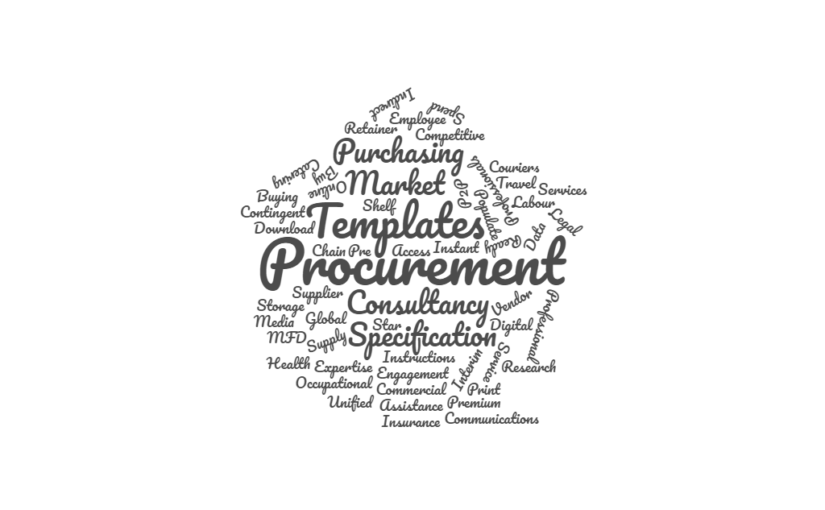If you want to do Strategic Procurement, what is your best selling point?
Let’s start with the person profile before we move on to the functional requirements
Expertise
To be successful in applying strategic procurement, you need to earn your place and this means knowing the functional requirements such as the knowledge, processes and products that make up the area that you specialise in. For example, if you specialise in Marketing you will know that the client cares about creativity but you will also know the logic of how creativity can be priced to add value without reducing the service to a commodity benchmark.
Gravitas
You don’t need to be the loudest person in the room or have people in the palm of your hand, you do however need to have good influencing skills. Just because you are a so-called expert it doesn’t mean that other people are clueless, in fact, your stakeholders may be closer to the final product/ service than you are. You need to develop skills such as listening, cut down on the waffle, and come up with solutions. This should meet both parties needs and if you make a recommendation it should be backed up by facts, it should lead to a successful outcome and it should lead to stronger relations with your stakeholders.
Achiever
To do well you need results. This means making the right interpretations, when is a deadline a real deadline, are you overpromise and underachieving. Make sure that the client appreciates your efforts. Don’t act like a scattergun and take on to many jobs, hone in on what really important. Meet the deadlines, identify who is responsible, make things happen, shout out about your goals and achievements. Build your brand as the person who will get things done, but be selective about what you get involved in. Don’t exhaust yourself by sweating the small stuff, and have your eyes on the bigger picture.
Creativity
Procurement professionals are most likely to be associated with being dull, compliance-led, always running down the cost to get to the bottom line. Being dull is part of your job but when opportunities arise, come to the table with ideas for innovation, how can you be creative, how do you offer solutions to complex or long-term problems.
Agile
Working on multiple projects is a juggling act, remember you sold yourself as being an expert, well people expect you to know everything inside out. When all hell breaks loose, train yourself to stay calm under pressure. You will get criticised, take these on board, learn from mistakes and switch modes to face different scenarios
Governance
Rules are there to be followed and not broken. You set the example and benchmark for what requires compliance. Be sensible and practical but always make sure there is an audit trail and you have covered risk from all angles.
Good luck and don’t forget strategic procurement is not a stand-alone need. In most cases, you will dip in and out of strategic and tactical because sometimes you need to drill down to get information. Being strategic isn’t a case of just big-picture thinking or horizon scanning, you need to translate wants and needs to outcomes.
Functional requirements for strategic procurement
- Value and performance
- Strategic and business planning
- Operating model
- Operating excellence
Procurement should act as business partners to achieve a place at the table. Building stakeholder relations is important to gain respect to be included in early conversations to shape the strategy. More often that not decisions are made by the business, only for procurement to be told this is what we want. The budget holders need to be influenced so they voluntarily bring procurement into the fold because its deemed that value is added.
The function should not be solely based on cost savings. If we are viewed as the people who only understand how to squeeze the supplier on price we are not strategic. We add value by implementing a category management approach, act as experts when providing advice and we protect the organisation against risk.
We should be proactive in both contract and supplier relationship management. Use the Pareto analysis. Strategic contracts should involve senior stakeholders, but we shouldn’t neglect the long tail either. Each chunk of spend needs to be categorised and rationalised where possible.
Consider the operating model, whether if this is centralised, decentralised or hybrid. At what point is the procurement team involved and what type of service do they offer?
Own the supply chain risk, given that risk is unknown this doesn’t mean that mitigation plans shouldn’t be in place based on hypothetical risk. Some risk can be foretasted, scan the horizon for economic risk such as inflation, recession etc.
Use technology to provide smart MI reports and to enhance procurement capabilities.
Check out what CIPS has to say on strategic procurement
You might like other tips
